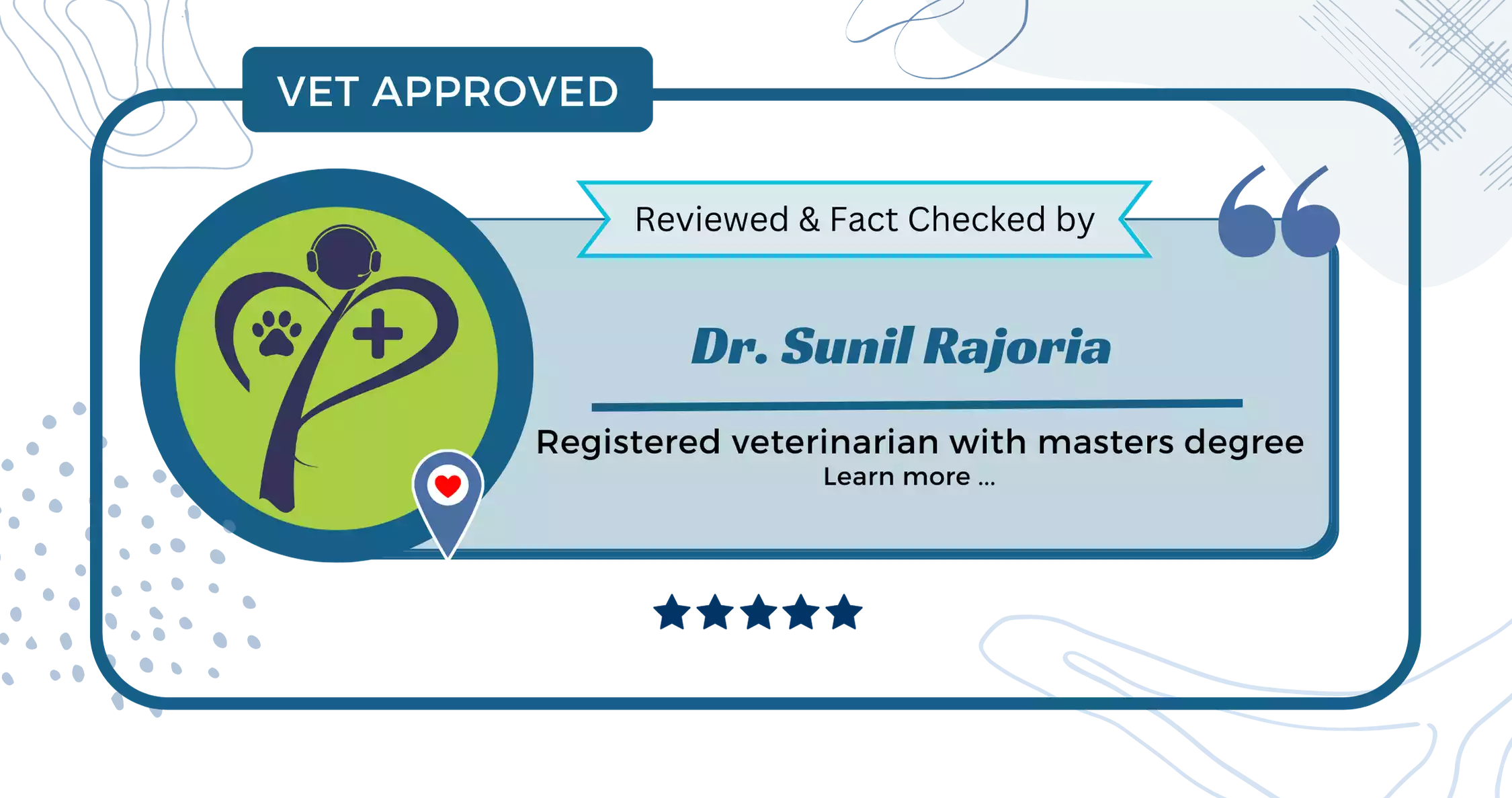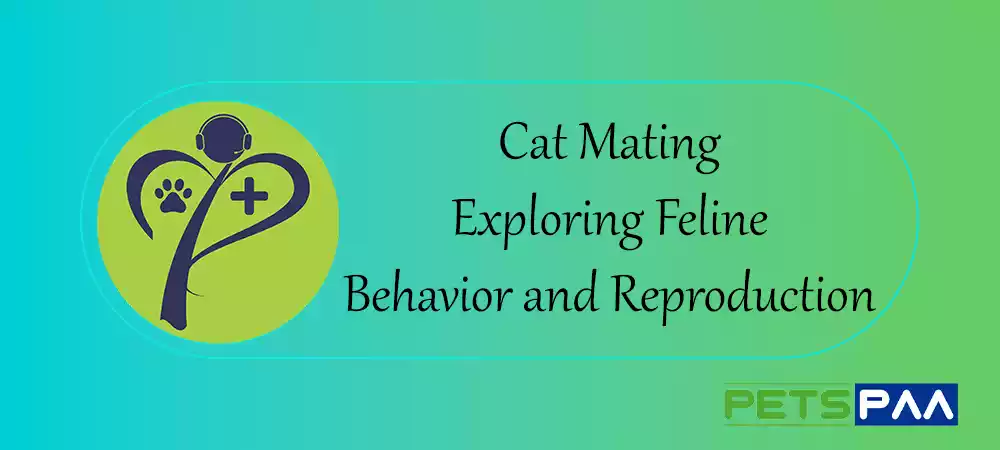Symptoms of Dead Kitten Inside Cat: What You Need to Know
As PetsPaa we can understand that recognizing the symptoms of a dead kitten inside a cat is crucial. This article covers symptoms, veterinary care, diagnostics, treatment options, prevention, and coping with loss. Symptoms include reduced fetal movement, distended abdomen, discharge, and inflammation.
Diagnostic procedures include palpation, X-rays, blood tests, and ultrasound. Treatment options are medication or surgery. Preventive measures during pregnancy are important. Coping with loss involves supporting the mother cat and allowing mourning. Seek expert guidance for the cat’s well-being.
Table of Contents
Introduction
Finding out that your pet cat is carrying a dead kitten is a heartbreaking circumstance for any cat owner. It’s critical to recognize the symptoms that might suggest the existence of a dead kitten inside your cat’s body.
We will look at the indications and symptoms, the necessity of obtaining veterinary care, various diagnostic procedures, treatment choices, prevention measures, and how to cope with the loss in this article.
Understanding the Risks
A kitten may not survive with a pregnant cat for a variety of reasons. Complications such as fetal deformity, infections, or inadequate nourishment can all result in the premature death of a growing kitten. When a kitten dies inside the mother cat, it is critical to detect the symptoms and get medical assistance as soon as possible.

Signs and Symptoms of dead kitten inside cat
You will notice these signs and symptoms of dead kitten inside cat if they exist:
Physical Symptoms
Lack of fetal movement: If you detect a reduction in your cat’s abdominal movement, it might suggest the lack of live kittens.
Distended abdomen: The belly of a pregnant cat normally expands as the kittens grow. However, if the kitten’s growth abruptly ceases or his tummy gets particularly large, it might be an indication that he is dead.
Discharge from the cervix: A foul-smelling discharge from the vaginal region may indicate the existence of a dead fetus.
Inflammation or tenderness: In the place where the dead kitten is located, the mother cat’s abdomen may feel sensitive or inflamed.
Behavioral Changes
Loss of appetite: Stress and discomfort may cause a cat carrying a dead kitten to lose its appetite.
Lethargy: Your cat may look weak, weary, and uninterested.
Nesting behavior: Some cats may seek to establish a secure environment for the remaining kittens by nesting.
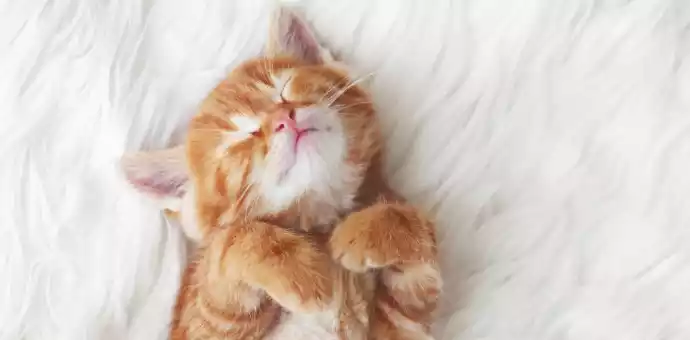
Seeking Veterinary Assistance
If you suspect that these are the symptoms of a dead kitten inside a cat, you should consult a veterinarian right once. A professional veterinarian evaluation is essential to confirm the diagnosis and choose the best course of action.
Diagnostic Procedures
The veterinarian may use a variety of diagnostic tests to precisely determine the presence of a dead kitten.
Palpation and X-rays
To determine the size and location of the kittens the veterinarian will do examinations and palpate the abdomen.
X-rays may be necessary to visualize the fetal bones and confirm the presence of any deceased kittens.
Blood Tests
Blood tests may be done to exhibit any underlying infections or problems that may have contributed to the kitten’s death.
Ultrasound
Ultrasound imaging can give a real-time view of the uterus and aid in the detection of a dead kitten.
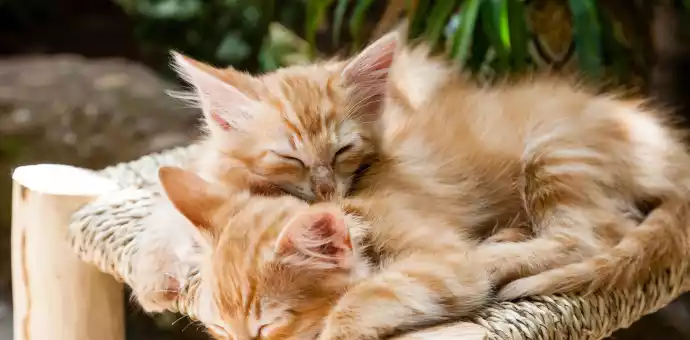
Treatment Options
The treatment strategy will be determined by the unique conditions as well as the cat’s general health.
Medication
Medication may be provided in some circumstances to stimulate the cat’s body to naturally evacuate the dead fetus.
Surgical Procedures
If the dead kitten remains inside the cat for a lengthy amount of time or if difficulties arise, surgical intervention to remove the fetus may be required.
Consider Potential Risks
It is crucial to handle the potential risks and complications if a dead kitten is not removed from the mother cat in time. Leaving a dead kitten inside the mother cat for a long time might result in a variety of health problems and infections.
Risk of Infections and Complications
Leaving a dead kitten inside the cat increases the danger of infection, such as uterine infections (pyometra), which can have major effects on the mother cat’s health and perhaps her life.
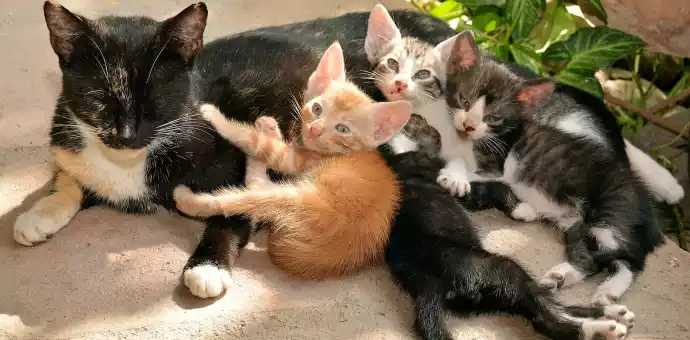
Endangering the Health and Well-Being of the Mother Cat
Failure to remove the dead kitten in a timely manner might affect adversely the mother cat’s general health and well-being. A decomposing fetus can cause bacterial growth, inflammation, and other negative consequences on the mother cat’s reproductive system.
Importance of Immediate Veterinary Help
It is critical to get prompt veterinary treatment to reduce these hazards and maintain the mother cat’s well-being. A veterinarian will be able to give the required skills and take the necessary precautions to properly remove the dead kitten. Prompt intervention can help avoid future difficulties and safeguard the health of the mother cat.
Preventive Measures
It is important to offer sufficient care and nourishment during the pregnancy to reduce the chance of a dead kitten inside a pregnant cat. Regular veterinary check-ups, balanced food, and a stress-free environment may all help the mother cat and her kittens’ general well-being.
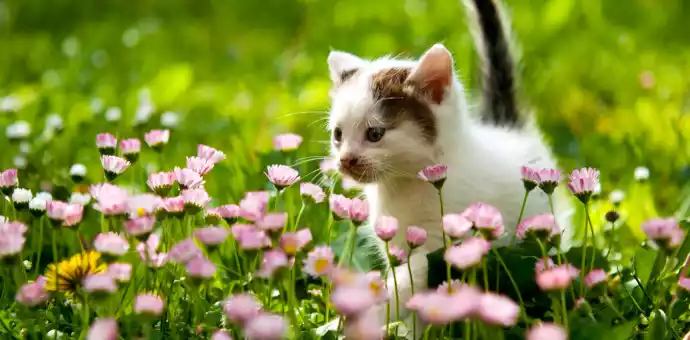
Coping with Loss
The loss of a kitten can be emotionally difficult for both the cat owner and the mother cat. It’s critical to offer assistance and compassion to the bereaved mother cat while also giving yourself time to mourn the loss.
Activities that encourage healing, such as building a monument or seeking support from other pet owners, can aid in the mourning process.
Conclusion
Recognizing the symptoms of dead kitten inside cat is critical for prompt treatment. Consult a veterinarian right once if you observe any physical changes or behavioral issues. Remember that obtaining expert guidance and appropriate care is critical for your cat’s health.
FAQs (Frequently Asked Questions)
A cat carrying a dead kitten inside her may face serious health risks. It is crucial to seek immediate veterinary assistance to avoid complications and ensure the cat’s well-being.
It is not recommended to artificially stimulate cat labor without veterinary guidance. If there are concerns about the progression of labor, consult a veterinarian for proper assessment and advice.
It is possible for a cat to have more kittens remaining in the womb even after delivering one. If there are concerns about retained kittens or the cat’s health, contact a veterinarian for evaluation and appropriate care.
Sudden death in a pregnant cat can have various causes, including underlying health conditions, complications during pregnancy or delivery, infections, or injuries. It is essential to make an appointment with a veterinarian to evaluate the reason and any possible risks.
A cat may give birth to dead kittens due to various reasons, including fetal abnormalities, infections, insufficient nutrition, or pregnancy problems. A veterinarian can assist in determining the particular reason for each case.
Unfortunately, it is not always feasible to revive a dead kitten. If you suspect a kitten is dead, contact a veterinarian right away to address the issue and ensure the mother cat’s and any surviving kittens’ health.
It is critical to seek prompt veterinary care if a kitten is born underdeveloped or exhibits indications of discomfort. The veterinarian can provide appropriate medical assistance and advice based on the specific situation.
If a pregnant cat dies, the survival of the unborn kittens depends on their stage of development and the availability of immediate veterinary care. It is crucial to get immediate medical attention from a veterinarian in order to assess the situation and select the best course of action for the kittens health.


